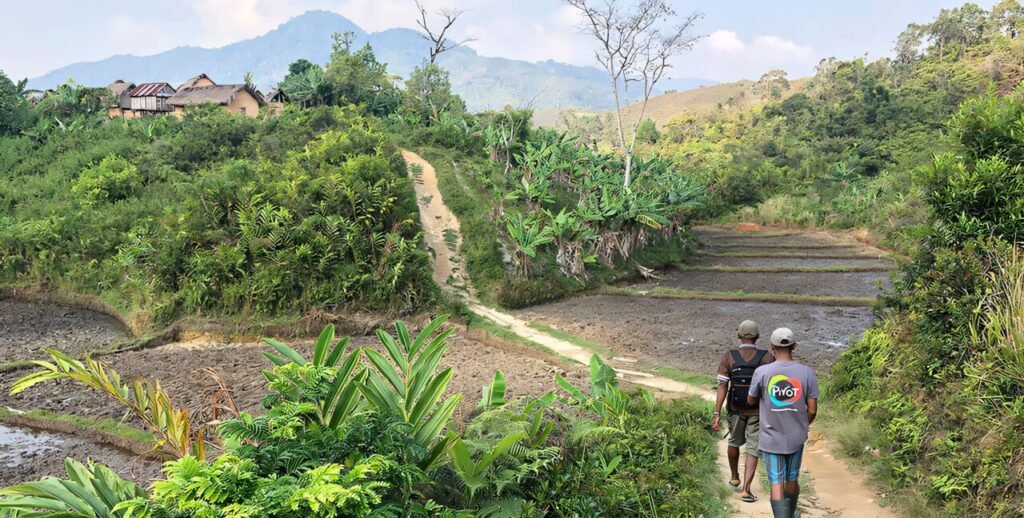Building Stronger Health Systems Saves Lives: Lessons from Madagascar
The importance of building better health care systems to improve and save lives may seem like common sense, but until now, there has been a lack of concrete data and statistical evidence to support this claim. However, a groundbreaking study conducted in a remote district of Madagascar has provided compelling proof of the impact that a robust health system can have on a community’s well-being.
Since 2014, a collaborative team led by researchers from the Blavatnik Institute at Harvard Medical School, the nonprofit organization Pivot, and the Ministry of Public Health of Madagascar has been working to establish a model health system in the district of Ifanadiana. The goal was to ensure universal access to basic health care for the region’s 200,000 residents.
The results of the study are nothing short of remarkable. Despite facing challenges such as natural disasters, political unrest, and disease outbreaks, the district of Ifanadiana saw a significant reduction in infant, child, and maternal mortality rates. Families in the community accessed health services more frequently, particularly for women and children, and barriers to care such as distance and cost were significantly reduced.
In stark contrast, the study revealed that health outcomes and access to care deteriorated in other parts of the country during the same period. The success of the project in Ifanadiana has prompted the Ministry of Public Health in Madagascar to expand the initiative to reach a population of one million people.
The key to achieving these positive outcomes, according to Matthew Bonds, an associate professor of global health and social medicine at HMS and co-senior author of the study, lies in the integration of science and implementation from the outset. The team’s approach focused on generating robust data to demonstrate the impact of strengthening health systems on improving care delivery.
The project in Madagascar began with a simple yet powerful vision: to demonstrate the transformative potential of an integrated health system in a challenging setting. By combining scientific research with on-the-ground implementation efforts, the team was able to measure the tangible benefits of their intervention over time.
One of the main challenges in global health is the ability to show how multiple interventions can collectively improve population health outcomes. The Madagascar project overcame this hurdle by implementing a comprehensive health system that addressed various factors contributing to mortality rates.
The success of the project was further facilitated by the meticulous collection and analysis of data throughout the implementation process. By continuously monitoring and evaluating the impact of their interventions, the team was able to make informed decisions to strengthen the health system further.
The efforts in Ifanadiana underscore the critical link between health and science in driving positive health outcomes. By combining research, data collection, and practical implementation, the project in Madagascar has demonstrated the transformative power of building stronger health systems.
In conclusion, the Madagascar experiment serves as a powerful example of how investing in health systems can lead to significant improvements in health outcomes and save lives. The lessons learned from this project can inform future efforts to strengthen health care delivery in resource-constrained settings and help achieve the ultimate goal of zero preventable deaths.


